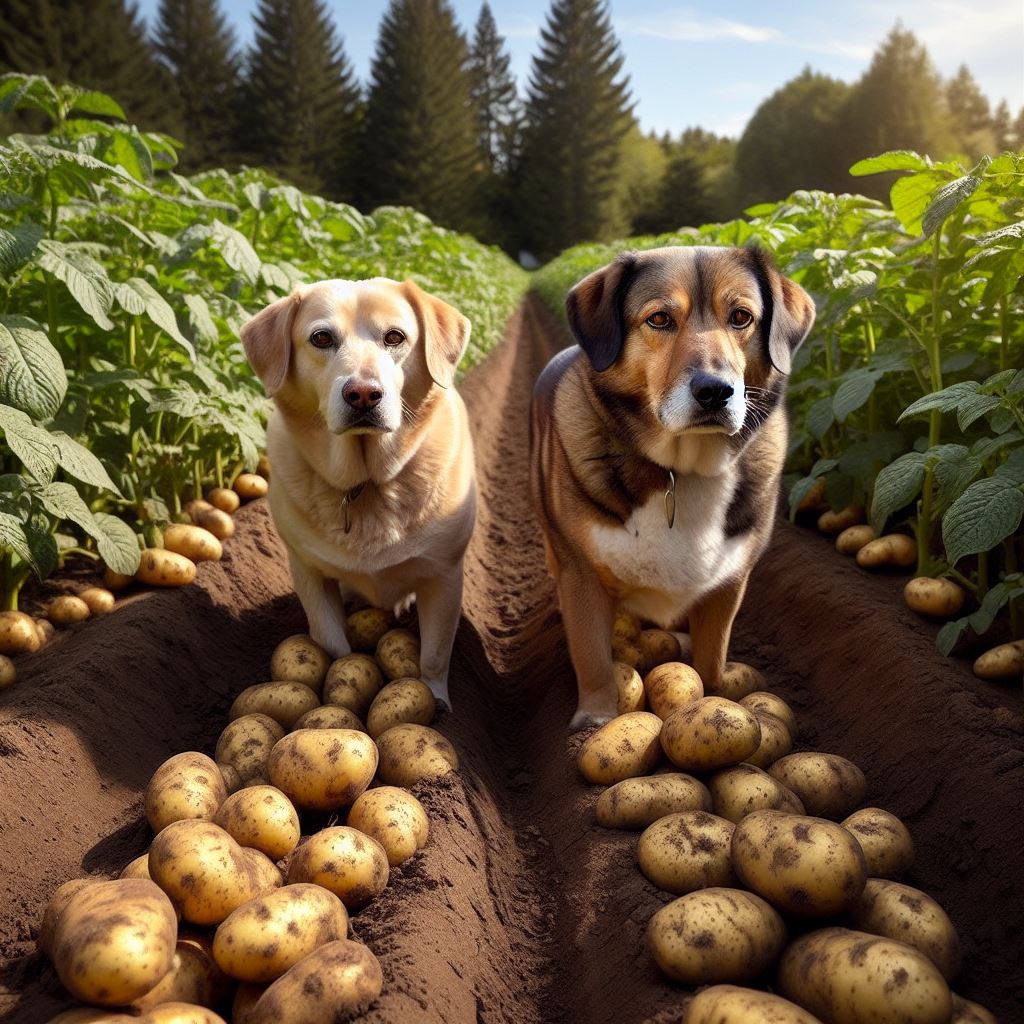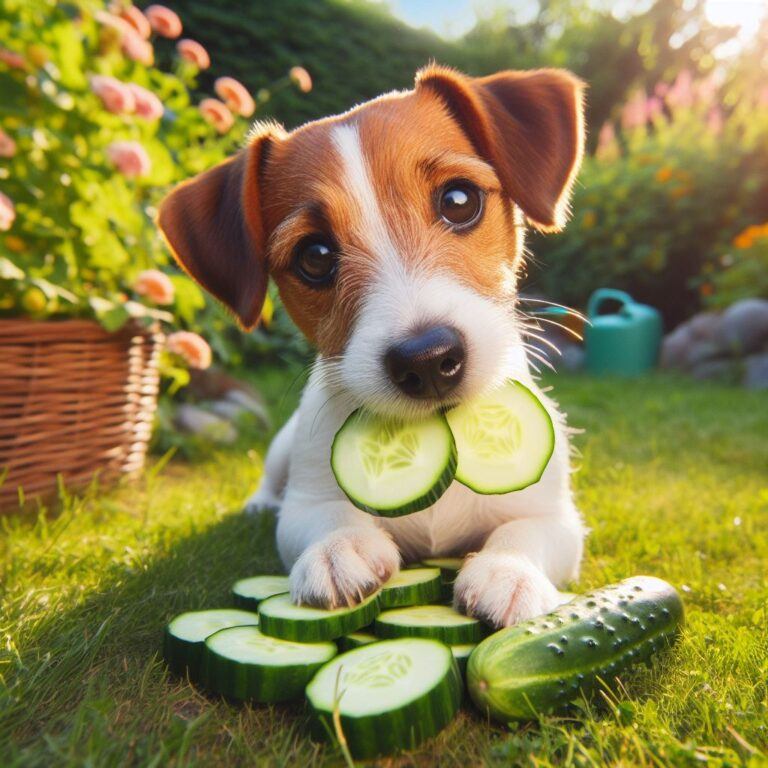Can Dogs Safely Eat Potatoes
Yes, dogs can safely eat potatoes, but it’s crucial to prepare them correctly and offer them in moderation. They contain healthy doses of fiber, potassium, and Vitamins B6 and C.
It’s a common query from pet owners, and understanding the do’s and don’ts can help maintain your furry friend’s health. Potatoes should always be cooked; never give your dog raw potatoes due to the risk of solanine toxicity, which can be harmful to canines.
The safety and benefits of feeding potatoes to your dog depend on several key factors, such as how you cook them, the portion you offer, and your dog’s specific health needs.
Individual dogs may have varying dietary restrictions, so it’s wise to consult your vet before introducing new foods into their diet.
Now, while potatoes are generally safe when cooked, they aren’t free of concerns. Raw potatoes carry a compound called solanine, which is toxic to dogs (and humans) if consumed in large quantities.
It’s predominantly found in green potatoes or those that have sprouted. Cooking potatoes reduces the solanine levels significantly, making them safer for canine consumption.
Yet, the question remains: what’s the best way to prepare potatoes to ensure they’re both safe and enjoyable for your dog? Let’s tackle the preparation process next.
Preparing Potatoes for Your Pooch
Cooking potatoes for your dog is quite straightforward, but there are essential points to keep in mind to ensure you’re doing it correctly. Let’s focus on the safe ways to prepare potatoes for your four-legged friend.
Firstly, you should ALWAYS cook potatoes for your dog. Raw potatoes as we mentioned before contain solanine, a compound that’s toxic for dogs. Cooking significantly reduces the levels of solanine, making potatoes safe for dog consumption.
For the safest preparation, go with boiling or baking. I recommend skipping any additives like butter, oil, or seasoning and definitely NO onions or garlic. These can harm your dog or lead to unnecessary weight gain.
Trust me, your dog will love the natural flavor of the potato without these extras.
Now, portion size is crucial. It’s tempting to share your dinner with your excited companion, but keep it to a SMALL portion suited for their size and dietary needs.
For a small dog, a couple of teaspoons of cooked potato is ample, while larger dogs may handle a couple of tablespoons.
Finally, remember that cooked sweet potatoes are also a healthy alternative, offering a richer nutrient profile than regular potatoes. But the same rules apply: they must be cooked and served plain.
The Nutritional Checklist for Potatoes in Your Dog’s Diet
It’s clear that offering potatoes to your dog isn’t a straightforward yes or no. While they can provide a range of nutrients, like vitamin C, vitamin B6, potassium, and fiber, it’s essential to bear in mind the bigger picture of your dog’s overall diet and health.
Think of potatoes as an occasional treat rather than a staple. If your dog enjoys the taste and digests potatoes well, you can include them sparingly in their meals.
The key is to ensure these additions don’t lead to an unbalanced diet or replace core nutritional foods that dogs require.
Be watchful for any changes in your dog’s health when introducing new foods like potatoes. If you observe any adverse reactions, such as digestive issues or allergic symptoms, it’s important to consult your veterinarian immediately.
Better options for treats in this case may be cooked chicken, turkey, or beef.
Additionally, if your dog has a pre-existing health condition like diabetes, seek professional guidance before making any dietary changes.
The safety and nutritional value of potatoes for dogs come down to frequency, quantity, and quality. Stick with cooked, unseasoned potatoes and keep an eye on the portion size.
And as always, prioritize a well-rounded, vet-approved diet for your furry friend.







